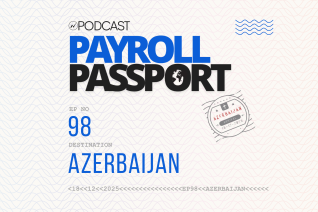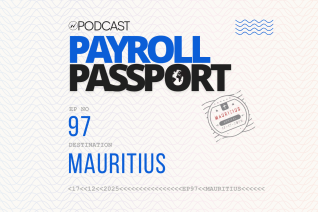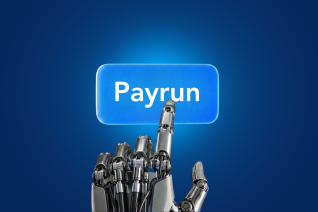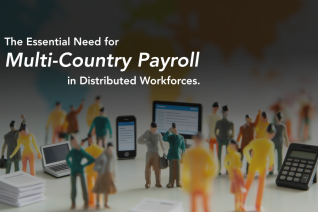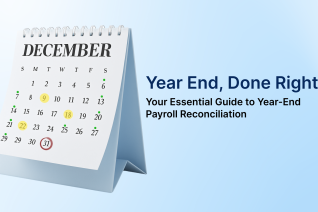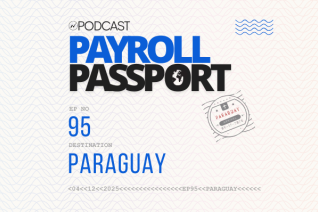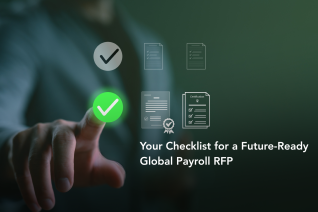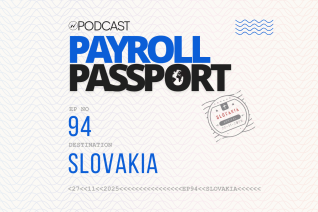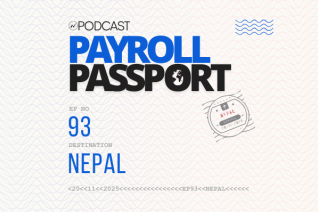Earned Wage Access (EWA): A Complete Guide to Improving Employee Financial Wellness
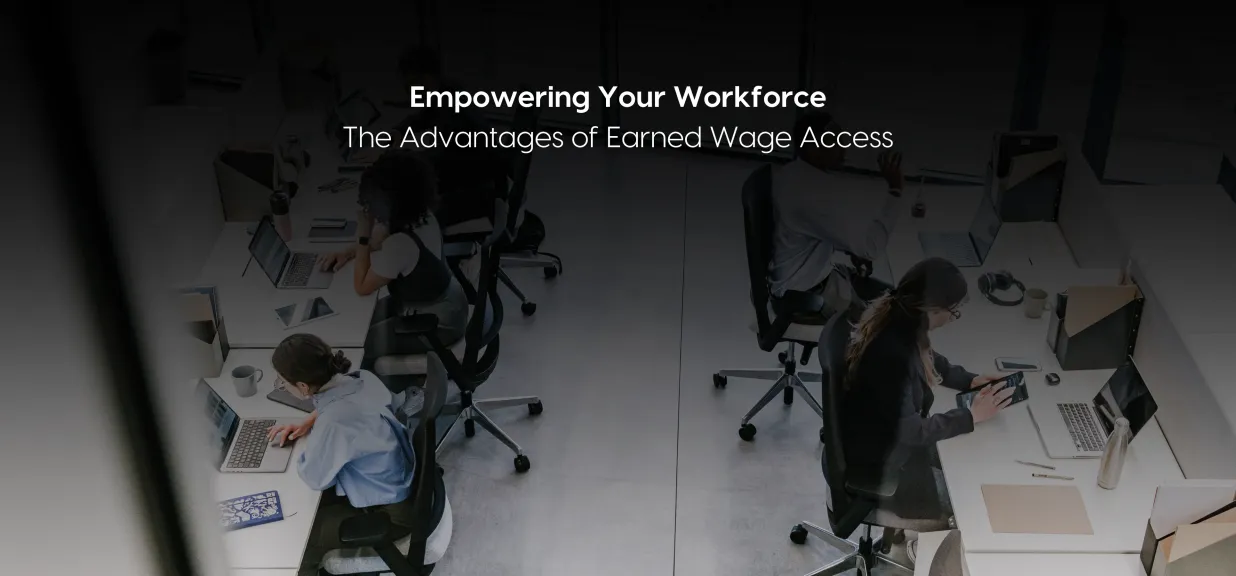
Even with a regular paycheck, many employees find themselves living paycheck to paycheck, making it challenging to manage cash flow when unexpected expenses arise before payday. While traditional financial literacy programs offer long-term solutions, immediate financial goals often require more flexible solutions. Earned Wage Access (EWA) is a modern and practical solution to help employers support their employees with this issue, giving them advanced access to their earnings so they can avoid financial hardship without resorting to payday loans or incurring debt and interest.
What is Earned Wage Access?
As employers increasingly focus on employee financial health, traditional approaches to financial wellness are evolving. While retirement planning and financial literacy programs remain important, organizations recognize that employees need tools to manage their immediate cash flow challenges. The Consumer Financial Protection Bureau has noted that innovative solutions like earned wage access can play a crucial role in helping workers avoid high-interest payday loans and achieve their financial goals.
Here, we explore how EWA works and how it can benefit your employees.
How does an Integrated Earned Wage Access Work?
Earned wage access programs are typically offered through a third-party platform or directly by an employer. For employees seeking earned wage access without employer sponsorship, some companies may implement this option as a benefit, but if that’s not an option, there are also third-party EWA providers that offer standalone services for employees without requiring direct employer sponsorship.
The EWA platform integrates within your payroll system to track the wages an employee has earned up to the current date, so that employees can request a portion of their already-earned wages – usually through an app or online portal.
Once approved, the requested amount is transferred directly into the employee’s bank account, typically within minutes or hours. The accessed amount is then deducted automatically from the employee’s next paycheck.
READ MORE I Ensuring Global Payroll Transparency for Increased Employee Satisfaction
What are the different benefits of Earned Wage Access?
By being able to access their money on demand, employees gain several advantages which can help them to manage unforeseen financial challenges or particularly expensive months – such as December. This increased financial flexibility allows them to cover unexpected costs, like medical bills or car repairs without resorting to loans or credit cards. Of course, they’ll still receive the same amount overall, but having it a little sooner than planned can help them to avoid debt or late fees. This can lead to improved employee financial wellness.
Unexpected costs often cause people to take out high-interest loans, which can lead to a troublesome cycle of financial problems. But by accessing earned wages early, your workforce can bypass payday loans or personal credit options.
Not only does this alleviate the stress and anxiety that comes from timing expenses around traditional paydays, but it also gives employees the power to improve their overall financial wellness and be more strategic with their money. Many earned wage access programs also provide tools to monitor spending and offer tips for budgeting smarter. Employees can use earned wage access wisely to manage their finances.
Research shows that integrated earned wage access programs do more than just provide flexible pay options - they demonstrate an employer’s commitment to comprehensive financial wellness and work/life balance, which leads to a happier and more productive workforce. By combining EWA with financial literacy resources and tools for setting financial goals, organizations can help employees build long-term financial security while managing short-term cash flow needs.
READ MORE I Transforming HR Dynamics with Employee Self-service Portals
EWA Cost Analysis: Comparing Options to Traditional Payday Loans
While earned wage access typically doesn’t involve interest, some services may charge a flat transaction fee per withdrawal or a subscription fee for ongoing access to the service.
Even so, these fees are minimal compared to the costs of payday loans or overdraft charges, making EWA a more affordable option for your employees when money is tight.
Understanding EWA Providers: What Employers Need to Know
Typically, EWA schemes are run externally through a regulated specialist provider. These services are connected to the employer and employee via the payroll, but the employee simply needs to go through the external provider to gain access to their money.
However, it is important to note that some schemes charge the employee a withdrawal fee, whereas others charge the employer a standard rate each month for using their platform. Employers should make sure to do their research and weigh up the different options before committing. Choosing the right earned wage access providers is crucial.
READ MORE I Enhance Employee Experience with Global Payroll Services
Business Benefits of EWA: Improving Employee Financial Health
Many organizations are adopting EWA programs as part of their employee benefits packages, and for good reason. Such benefits can help to attract top talent, as it’s demonstrative of a company with a forward-thinking approach to supporting their employees' financial wellness. They may also encourage employees to use ethical banking options or champion the use of such accounts within their own internal infrastructure.
It’s well known that financial stress can impact productivity and job satisfaction, with a report by SoFi finding that 33% of those interviewed said personal financial stress inhibits their ability to focus on their job. By offering EWA, companies can boost their employee retention and loyalty – when employees are less worried about personal finances, they can focus more effectively on their roles.
By using a regulated earned wage access program, rather than having to offer wage advances on a manual, one-to-one basis, employers can manage payroll more effectively and cut down on time-consuming tasks. Plus, employees are perhaps more likely to go ahead and request money when they need it from an app rather than feeling like they’re being judged when having to ask the accounts team or HR colleague.
What is the impact of employing an Earned Wage Access?
For organizations committed to supporting employee financial wellness, implementing a regulated earned wage access program represents a strategic investment in your workforce's financial future. By combining EWA with comprehensive financial literacy resources, employers can help break the cycle of living paycheck to paycheck while promoting long-term financial security.
Interested to know more? Reach out to irene.jones@neeyamo.com.
Latest Resources
Stay informed with latest updates
If you're curious and have a thirst for knowledge pertaining to the HR, payroll, and EOR universe, don't miss out on subscribing to our resources.



